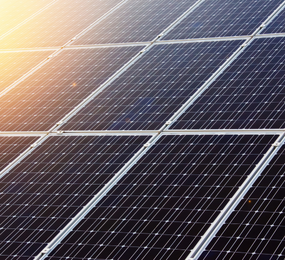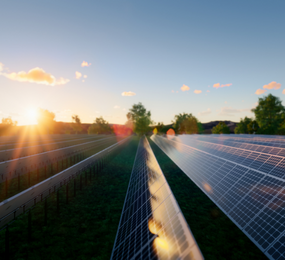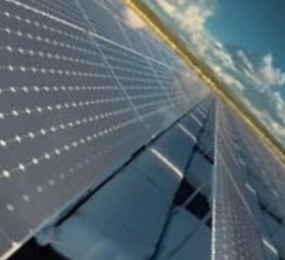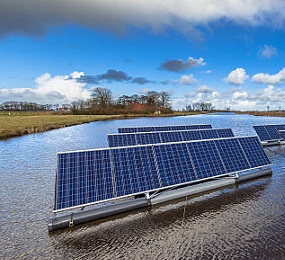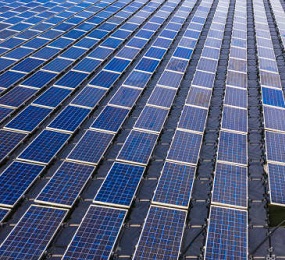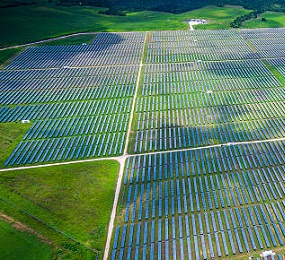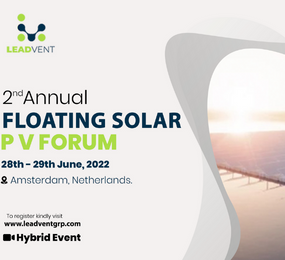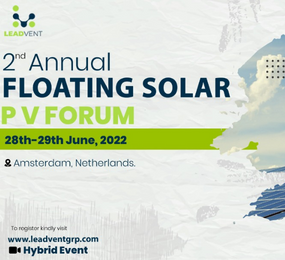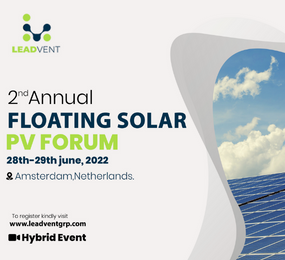The intersection of aquaculture and renewable energy is paving the way for a sustainable future. In this symbiotic relationship, the integration of floating solar technology into aquaculture operations is emerging as a visionary solution that not only addresses energy needs but also enhances the overall ecological sustainability of fishery practices.
Enhancing Energy Efficiency:
Floating solar installations above aquaculture ponds provide dual benefits. As sunlight reaches the solar panels, it generates clean energy while simultaneously providing shade to the water below. This natural shading reduces the growth of algae, maintains optimal water temperatures, and creates an environment conducive to healthier aquatic life.
Maximizing Land and Water Use:
Aquaculture operations often require substantial land and water resources. The integration of floating solar optimizes the use of space, allowing aquaculturists to harness solar energy without compromising on the surface area needed for fish farming. This dual-use approach increases the overall efficiency and sustainability of the combined system.
Water Quality and Ecosystem Benefits:
Floating solar installations act as a protective layer, reducing evaporation and maintaining water quality in aquaculture ponds. The panels prevent excessive sunlight penetration, preventing algal blooms and improving the overall ecological balance. The result is a more stable and sustainable environment for aquatic organisms.
Operational Cost Reduction:
By generating on-site renewable energy, aquaculture facilities can reduce their dependence on traditional power sources, leading to significant operational cost savings. This economic advantage enhances the viability and competitiveness of sustainable aquaculture practices.
Resilience to Climate Change:
The future of aquaculture is inevitably intertwined with the challenges posed by climate change. Floating solar integration offers a resilient solution by creating a more controlled environment for aquaculture operations. The shading effect and temperature moderation contribute to climate-resilient fisheries.
As we move toward a future where sustainability is paramount, the integration of floating solar technology into aquaculture operations stands out as a model of innovation. This harmonious relationship not only secures a cleaner and more efficient energy source but also fortifies the resilience and sustainability of aquaculture practices, promising a greener and more abundant future for both energy and food production.
To register or learn more about the Forum please check here: https://bit.ly/46Vw6nm
For more information and group participation, contact us: [email protected]


